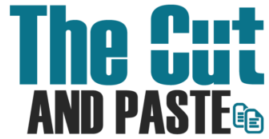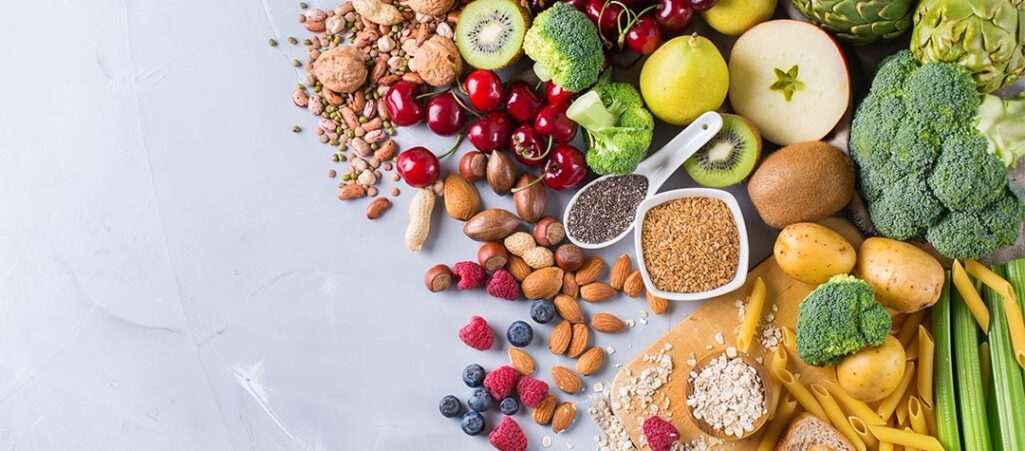Healthy living is not as easy as it seems. Every new day brings contradictory set of theories. It is also not clear what we should be going for; caloric content, nutrient content or eat natural foods, period.
This unnecessary complexity around healthy diet can discourage people from getting on the path of wellness.
It is helpful therefore to know the basic principles of healthy eating. It is even more crucial for people suffering from weight issues.
Having a BMI more than usual is a sign of ill-health, as obesity brings with itself a hoard of problems. People aspiring to lose weight might need to work harder, as they just not eat to eat for becoming healthy, but to lose weight as well. They might then need assistance of a Dietitian in Lahore.
Principles of healthy eating
Healthy eating does not have to be a conundrum, as long as you stick to the basic. While the exact calorie intake for sustainable weight is contingent on body type, ethnicity, height etc., however the minimum is similar across the board.
Adult men need around 2500 calories a day, whereas women need around 2000 calories a day, minimum. Eating too little is just as bad for health as eating too much is. Other healthy principles to practice include:
Fresh fruits and vegetables are always good
Nature offers the perfect balance of calories, water content, starch, and nutrients. When you eat fruits and vegetables, you are getting vital micro and macro-nutrients, and are not packing on empty calories.
Moreover, fruits and vegetables are excellent sources of fiber. Roughage is necessary for bowel movement. It also helps in promoting satiety. If your diet lacks fiber, problems like constipation ensue.
Thus, makes sure you add sufficient fruits and vegetables to your daily diet plan.
Fat is not always bad
Most people look at fat with scorn, others have a love hate relationship with it; they hate how much they love fatty food.
However, fat is not always bad. Healthy fat helps the body function well. It assists in the absorption of vitamins like A, E, E and K. Fat is also an important fuel for the body.
The essential fatty acids found in nuts, fatty fish, olive oil etc. are imperative for brain functionality. Be sure to consume unsaturated fat, but do cut back on saturated fat that is found in butter, cheese, cakes, cream etc.
Limit sugar
Sugar does not only offer empty calories, that then lead to increased risk of obesity, type II diabetes etc., but it also promotes inflammation in the body. Moreover, too much sugar is also bad for the brain.
So, cut back on sugar. This includes not just cutting back on sweetened tea, but also being cautious about the other sneaky ways sugar makes it into our lives. Dips, processed food etc. have sugar added to them as well.
Thus, be sure to read the label packaging when you shop for food. Look for the words sugar, cane juice, brown rice syrup etc.
Moreover, carbonated drinks and packaged juices are also full of sugar. Substitute instead with water or use honey as a sweetener. Cakes and puddings are to remain an occasional treat only.
Cut back on salt
Too much salt is also bad for health. It raises blood pressure and puts stress on the kidneys as well. Even if you do not add table salt per se to your food, there might be plenty of it already there in your food.
Moreover, processed food is also laden with salt. Watch out for salt on the food labels as well. For people suffering from hypertension, being cautious about diet is imperative. You might also need to consult Dietitian in Karachi for more information about your diet.

